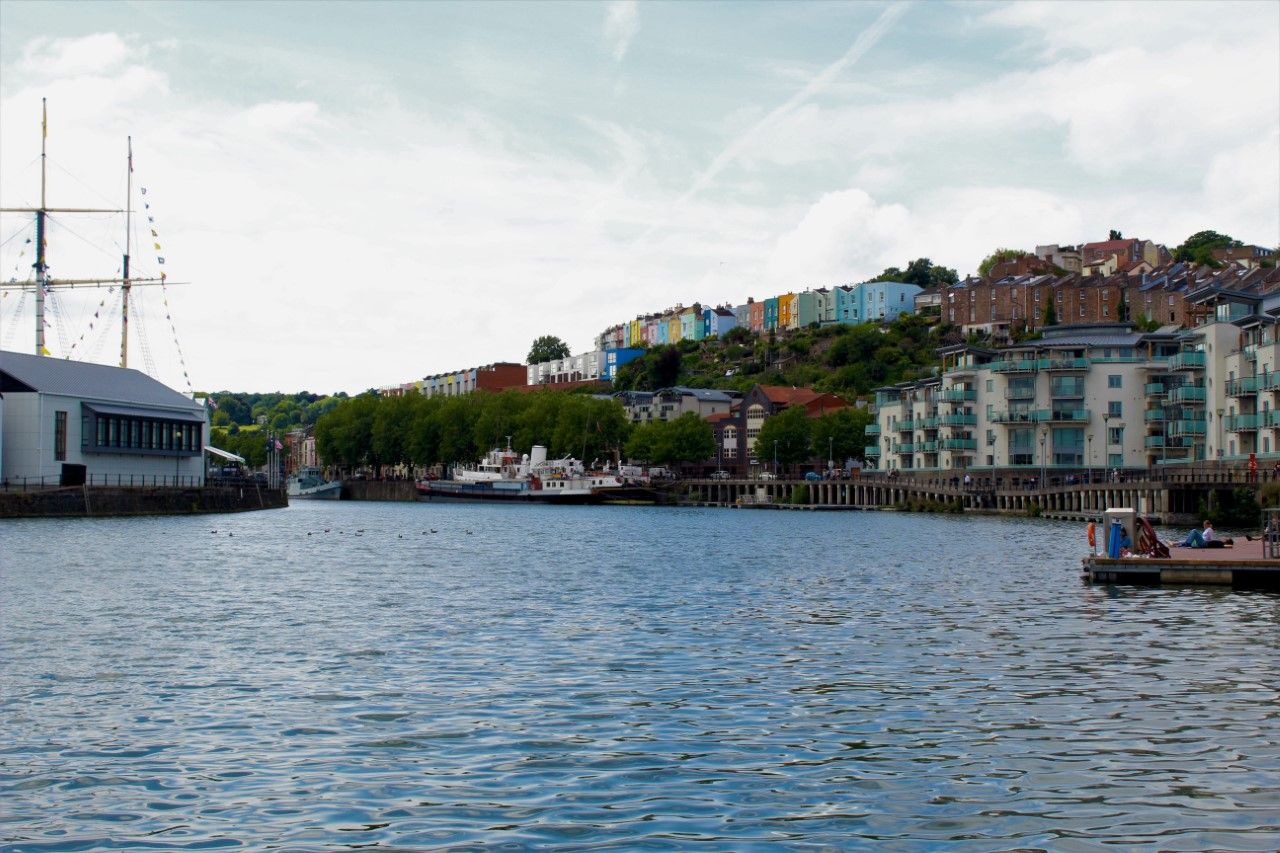By Tara Ghias, Third Year, History
Over lockdown, there were many discussions between government and MPs about the future of free school meals, and whether it was sustainable enough to continue.
With the pandemic making many people redundant, and the government failing to back the continuation of the scheme, now is the most important time to bring this issue to attention.
Free school meals are part of a scheme where children qualify if their parents are in receive of income support, Jobseeker’s Allowance or Universal Credit, amongst other reasons. In essence, what it means is that if your parents can't afford to pay for your meals at school, the local authorities will step in and pay it for them.
It is estimated that around 4.1 million children in Great Britain live in relative poverty, with less than 2 million of those pupils receiving free school meals. This number is bound to increase rapidly in the light of the fact that the pandemic has rendered many families jobless.
A campaign to fight back was instigated by Marcus Rashford, footballer for Manchester United and previous recipient of free school meals. Tireless campaigning managed to pressure the government to U-turn on their decision and deciding to extend the scheme until October.
However, a majority of MPs voted against the continuation of the free school meals scheme over the winter period.
Our leaders are supposed to be there to support us
These children who will not be fed throughout winter did not choose this. It is not in their control, so why should the government not give them the support they require when they find themselves in a situation that was completely out of their control?
As someone who grew up in a low-income household, having access to free school meals was crucial. It ensured that I had food on my plate when I was in school, that my needs were being met and relieved the stress of my parents.
I would not be at the University of Bristol, were it not for free school meals and the impact they had on my learning. No child should be going hungry, particularly in the most difficult year we have come across in decades.
There is a light of hope at the end of the tunnel
The country is in the middle of a global pandemic, our leaders are supposed to be there to support us and get us through the difficult times. Instead they have decided to abandon helpless children, and place an even greater stain on their parents, who must deal with the consequences of poverty and desperation.
Amid all this controversy, there is a light of hope at the end of the tunnel. The recent government decision has not only sparked fury, but action from local governments, businesses and charities. Many of these organisations have pledged to help feed children over the Christmas break.
In Bristol alone, around 25 businesses have pledged to aid children in providing free schools meals over winter.
Opinion | Social inclusion is still a problem at the university
Bristol fourth highest for COVID-19 cases amongst UK universities
Moreover, Bristol City Council also promised to provide meals for vulnerable children over half term. This demonstrates that the city is coming together to fight against the government’s misguided decision.
It is heart-warming to see our local city and businesses step up to fight against child poverty, when our national leaders have failed to do so. Bristol’s Mayor, Marvin Rees, has promised that the city will be ‘stepping up’ to make sure that all children are feed adequately.
As a Bristol student, who also calls this city my home, I could not be prouder of the joint efforts made by citizens.
Featured Image: Epigram / Lucy O'Neill
Were you on free school meals? How important do you think they are?









